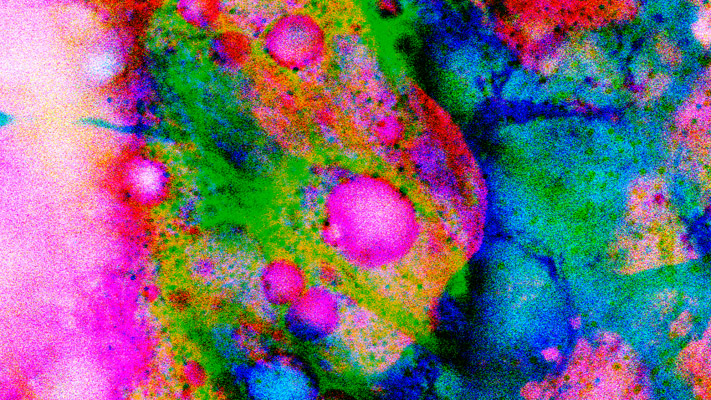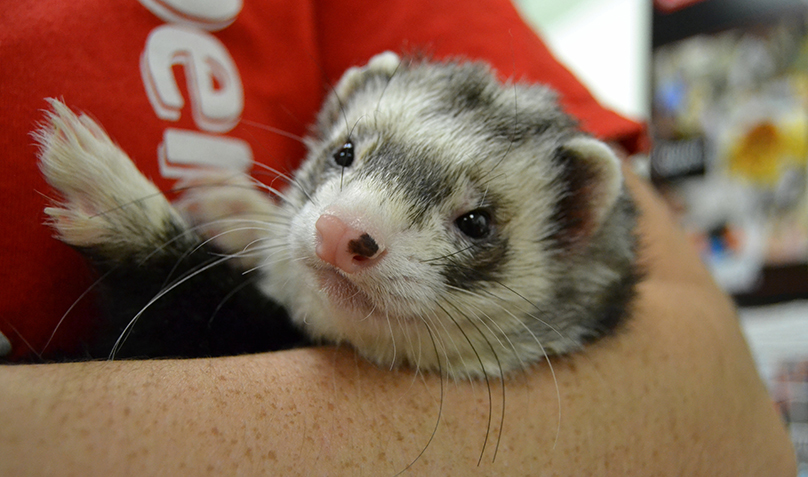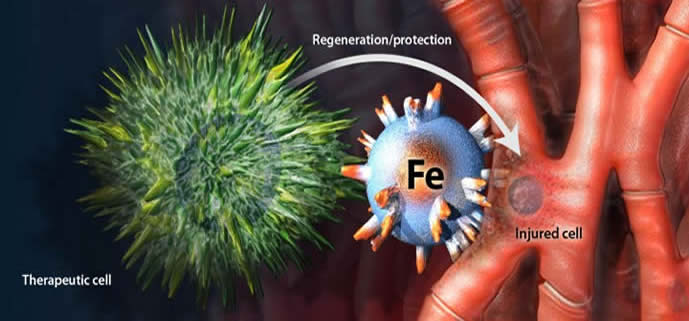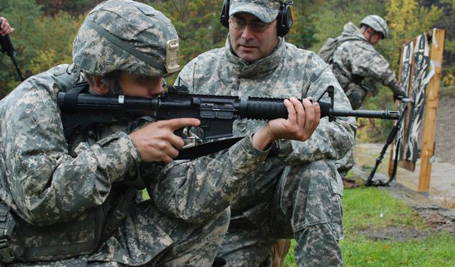Oct 22, 2014
CVM Cell Biologist Kenneth Adler Recipient of Dr. John S. Risley Entrepreneur of the Year Award
Kenneth Adler, professor of cell biology in the Department of Molecular Biomedical Sciences at North Carolina State University’s College of Veterinary Medicine, has spent more than four decades investigating the respiratory airways and the problem of excess inflammation as occurs in several severe diseases, including chronic bronchitis, asthma, cystic fibrosis, and acute respiratory distress syndrome.…



